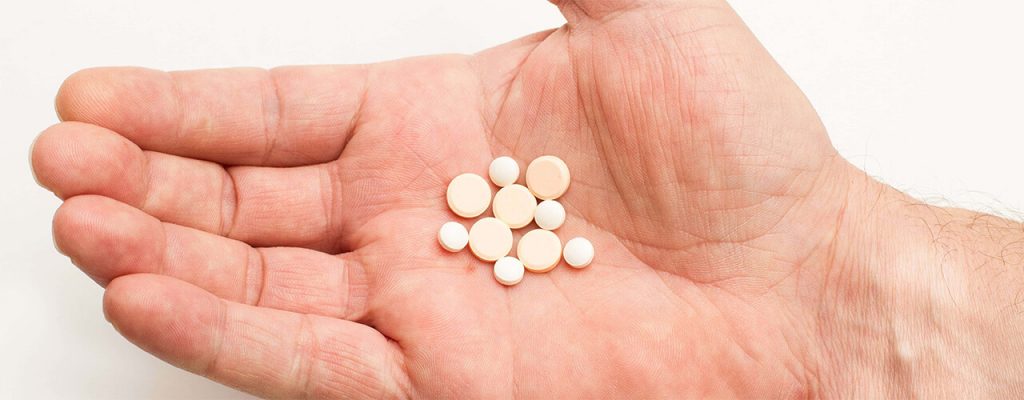You’ve seen the headlines, and you know that opioids are the major driver behind the widespread drug crisis in America. We also know that if you or a loved one has chronic pain, you may be feeling frustrated and confused about your options. At our physical therapy clinic, we stand with the Centers for Disease Control and Prevention and other professional organizations that recommend physical therapy and other alternatives over prescription opioids for the management of chronic pain. Many people simply don’t realize just how effective physical therapy can be for alleviating even the most stubborn symptoms—all without the need for drugs or invasive procedures.
We’re happy to show you exactly how physical therapy can help you start feeling (and functioning) better than ever.
5 Ways Physical Therapy Can Relieve Your Pain—Drug-Free!
- Manual therapy stimulates healing and ease pain and tension.A physical therapist is trained in techniques like joint mobilizations and manipulations, massage, myofascial release, Active Release Techniques, and Proprioceptive Neuromuscular Facilitation. These can trigger physical and physiological changes in the body’s connective tissues, central nervous system, lymphatic system, and more. These techniques have been proven to relieve pain and elicit healing responses that can keep pain from coming back.
- Modalities a physical therapist may use to relieve pain and inflammation are non-invasive, drug-free, and safe. Practitioners of physical therapy utilize tools like diathermy, dry needling, electrical stimulation, ultrasound, and other techniques to reduce pain, muscle spasms, inflammation, and more. The risk of side effects with these modalities is minimal to none, and unlike drugs they won’t pose the risk of dependency or withdrawal. They simply enhance your body’s natural self-healing capability (instead of just “masking” the pain). Through extensive training, a physical therapist can ensure these techniques are applied with the correct dosage (intensity, location, type, duration, and frequency) for optimal outcomes.
- A physical therapist gets you moving! Research tells us that exercise is one of the best ways to manage chronic pain. But if a person is in so much pain they can barely get out of bed, how are they supposed to start exercising more? Enter physical therapy. Your physical therapist can manage your condition and other contributing factors (like range of motion limitations, tissue tension, weakness, and incoordination) that make exercise difficult. By helping you get more exercise—and showing you which exercises are best for you, as well as how to do them correctly—a physical therapist also helps you reduce the risk of other chronic diseases.
- Physical therapy empowers you to be your best self.Unlike many other healthcare providers who are limited on time, physical therapists have a lot of face-to-face interaction with their patients and can take the time to get to know their goals, demands, and preferences. This ensures that patients are engaged in their plans of care, educated about their health condition, and equipped with home exercises, stretches, and other lifestyle modifications needed to optimize results. Physical therapy is an active experience that puts you back in the driver’s seat of your own health.
- Physical therapy services are mutually beneficial. When you see a physical therapist for pain relief, you’re not going to just get one type of treatment. You’ll receive multiple services that complement each other enhance their overall effectiveness. The result? A cost-effective and comprehensive healing journey for you!
Whether your pain is caused by a sports injury, a chronic joint disorder, stroke, or something else, we invite you to schedule an appointment at our physical therapy clinic today. Don’t just hide your pain—heal your pain from the source!
Tags: physical therapy, physical therapist, physical fitness, health, fitness, health and wellness, Sports and Ortho Physical Therapy, Chronic Pain, manual therapy, opioids, massage, Active Release Techniques




